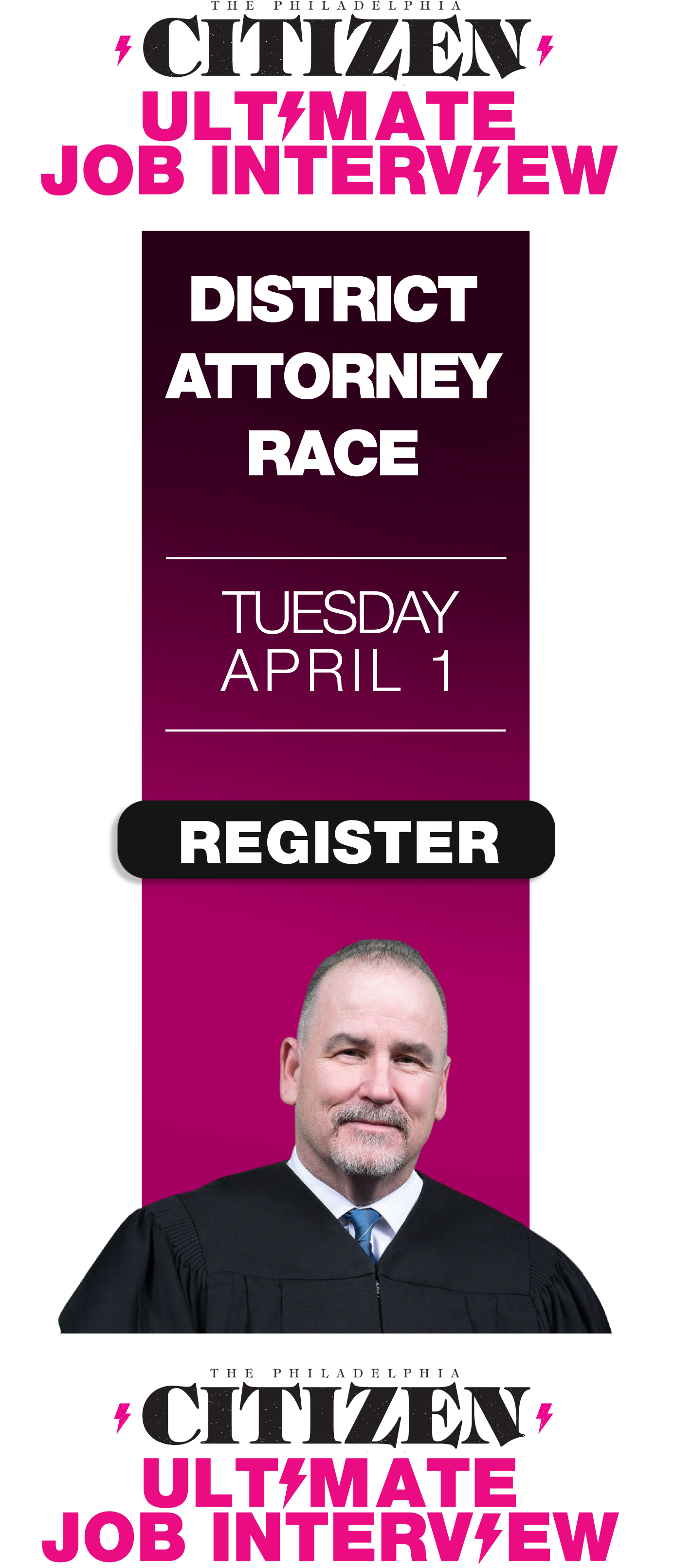Following in the tradition of Connor Barwin and Malcolm Jenkins, former All-Pro wide receiver and current Eagles broadcaster Mike Quick is writing weekly for The Citizen this season, analyzing what the Birds will have to do each week on the field to emerge victorious. We’ve paired Quick with Professor Richardson Dilworth, Director of Drexel University’s Center for Public Policy, who will analyze how Philly stacks up off-the-field against the city we play each week. Dilworth, who knows nothing about football, is arguably Quick’s most unlikely teammate ever.
Mike Quick’s On-Field Scouting Report: Looking at tape of Tennessee this week, I thought to myself, “Man, that defense is good.” They hit and hit hard. They “bring population to the ball,” a football term of art that means they get a lot of people to the football, so there are multiple tacklers on most plays. They have an underrated defense, so you can’t take them lightly.
And that’s our first key to this game: Tennessee is the type of team that scares me, because, though they’re 2-1, no one expects them to do that well this season. The Eagles had better go into Sunday’s game with their eyes wide open, because if we’re over-confident, the Titans can make us pay.
The Titans are the number one team in the NFL in rushing attempts. So it all begins in stopping their run game. And that doesn’t just refer to their running backs. The Titans offense has a college football twist to it, with a running quarterback, Marcus Mariota. He’s not necessarily a great quarterback, but he’s good at running what we call the RPO offense—the run/pass/option. That means that, during any given play, he decides in real time if he’s going to give the ball to the running back, throw it, or run it himself, with an option to toss it to a running back.
Finally, our wide receivers last week caught all of 6 passes. As a former wide receiver, that’s disappointing, because this has become a passing league and the way you score is by getting the ball downfield to your wide receivers. Now, Alshon Jeffery’s return from injury will help this week. Tennessee has three really good cornerbacks who will play a lot of man-to-man defense, so the Eagles receivers will have to get open and Carson Wentz will have to find them.

Prof. Richardson Dilworth’s Off-Field Scouting Report: Since the Titans play in Nashville, we compared Philly to that Tennessee city. Last week I gave a good deal of credit to Indianapolis for its Unigov consolidation in 1970, noting that it was a pretty innovative and dramatic solution to urban decline, and one that Philadelphia certainly didn’t follow—with the result that our city lost over a quarter million people during the 1970s. I also criticized Indianapolis’ Unigov for being only a partial consolidation that left the school districts untouched, thus allowing for greater racial and economic segregation which, I also argued, was probably worse than that in Philadelphia in many respects.
Well, Nashville is also a consolidated city and county (known as Nashville-Davidson, after the name of the county, or Metro Nashville) and it consolidated earlier than Indianapolis, in 1963, after a failed attempt in 1958. And it, like Philadelphia, was a real consolidation. Interestingly enough, the city was very aggressive in its pursuit of consolidation, a strategy that could have really helped Philadelphia in the 1960s and 1970s.
So I give Nashville-Davidson even more credit than Indianapolis in its post-WW2 consolidation, which also consolidated the school district and everything else (though Nashville in typical southern fashion dragged its feet on integration after Brown v. Board of Education). And the consolidation made Nashville much bigger geographically than Philly (475 vs. 134 square miles) which, given its smaller population (668,000 vs. 1,580,000) means it is much lower density; that explains the lower biking and public transit scores. But on balance, we might say that Nashville is so impressive in terms of its metro government that I think it kind of deserves a break.
The two other things that stuck out to me were the higher turnout in the last mayor’s race in Nashville, and the higher crime rate compared to Philadelphia. On the latter I think we have a similar phenomenon as in Indianapolis. Nashville actually scores pretty badly in terms of economic and racial segregation, and that is segregation over a larger territory than Philadelphia, which likely exacerbates the crime problem (though I’m no criminologist).
As for voting, the participation rates aren’t that different, and I think Nashville wins more than the numbers suggest, because it had the super-entertaining fiasco of having its mayor resign after she revealed that she had had an affair with a member of her security detail. Nashville also has a vice mayor (modeled on the US vice president in terms of being a non-voting member of the legislative branch), and the vice mayor, David Briley, became mayor. Fun fact: It was Mayor Briley’s grandfather, Beverly Briley, who was the first mayor of the consolidated Metro Nashville.
David Briley seems pretty great. He was a lawyer when he was vice mayor (a part time job), and did fun stuff like sue the state on behalf of Occupy Nashville after protesters had been arrested by state troopers. He ran unsuccessfully for mayor in 2003, campaigning on things like sustainability and LGBT rights. One of his opponents claimed he would turn Nashville into “San Fran Nashville.” A southern city with a mayor who seems even more progressive than our own Mayor Kenney? That’s pretty cool.

PhiladelphiaEagles |

TennesseeTitans |
|
# of B Corporations
25 |
# of B Corporations
1 |
|
% Population with a BA
27.4 |
% Population with a BA
37.9 |
|
% Volunteers
26.5 |
% Volunteers
24.9 |
|
Violent crime per 1,000 people
9.9 |
Violent crime per 1,000 people
11.3 |
|
Diversity Rating
69.7 |
Diversity Rating
64.2 |
|
% Bike to work
2.2 |
% Bike to work
0.2 |
|
% Acres of park space
13.1 |
% Acres of park space
10.7 |
|
Public transportation score
67 |
Public transportation score
24 |
|
% Voters in last Mayoral
24 |
% Voters in last Mayoral
29.6 |







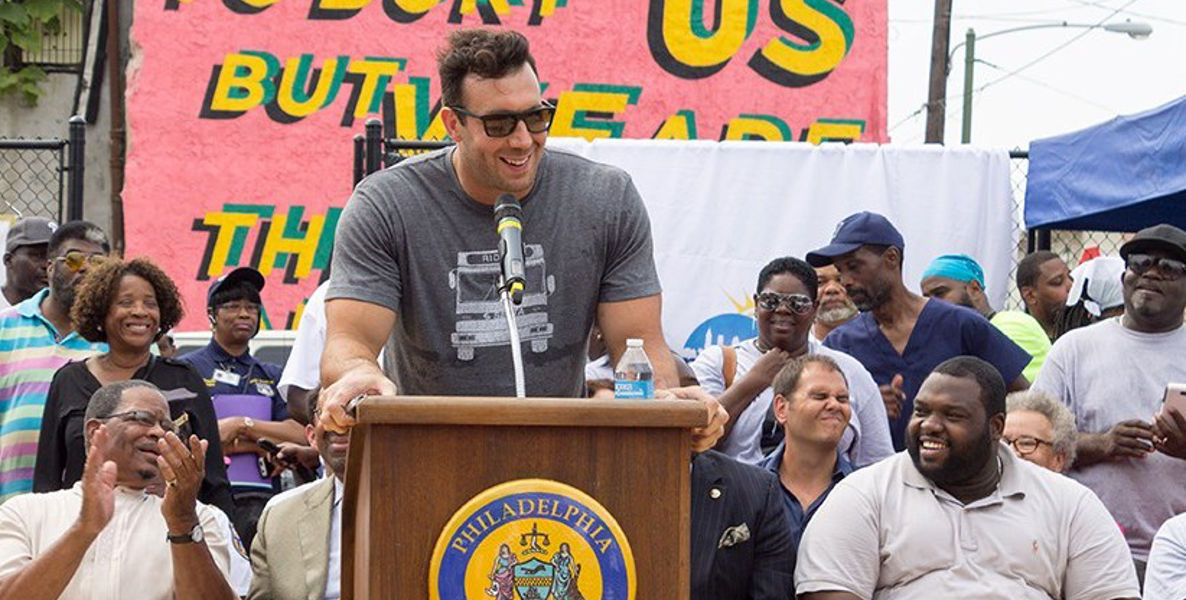
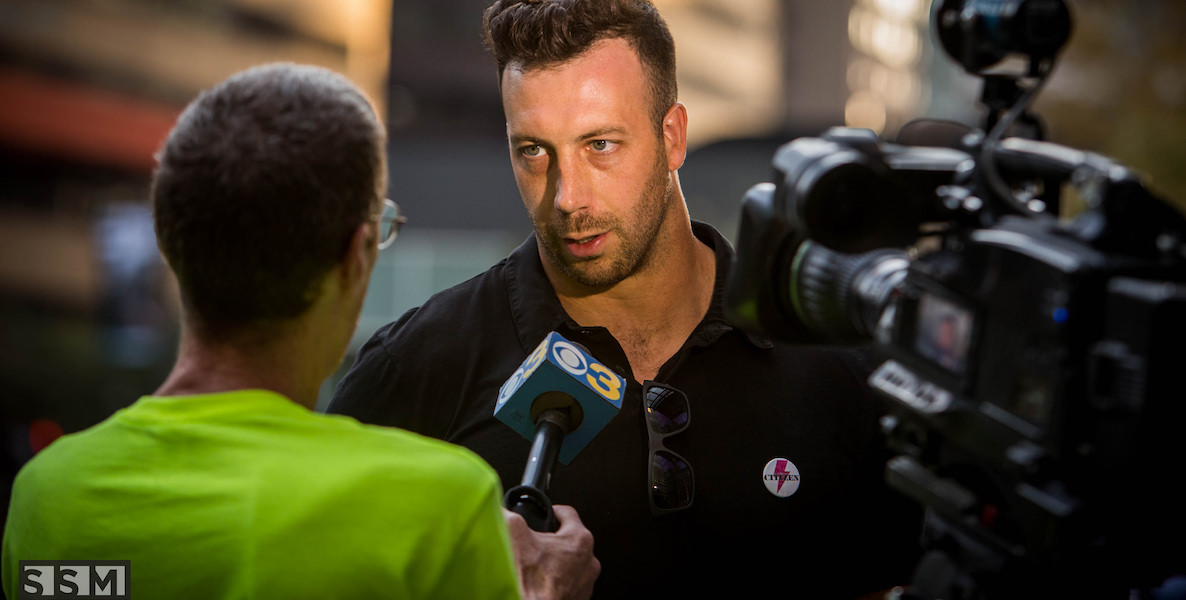

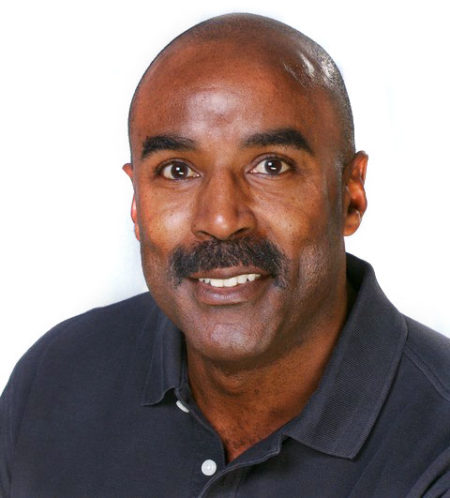

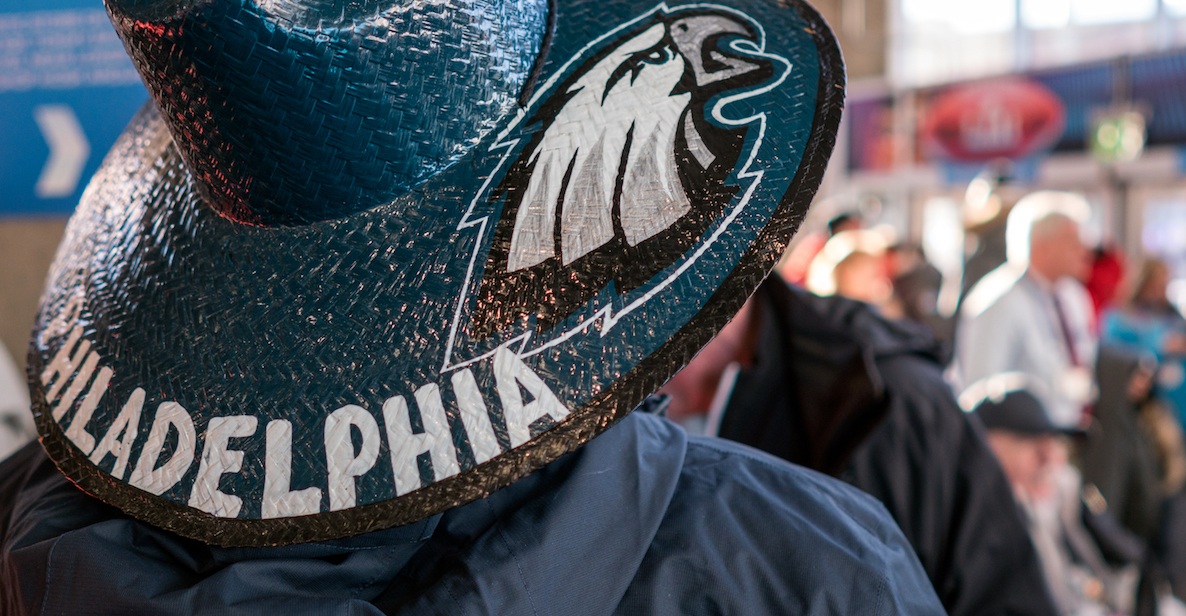


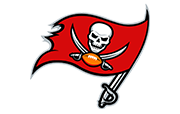











 Vikings
Vikings  Rams
Rams  Texans
Texans 